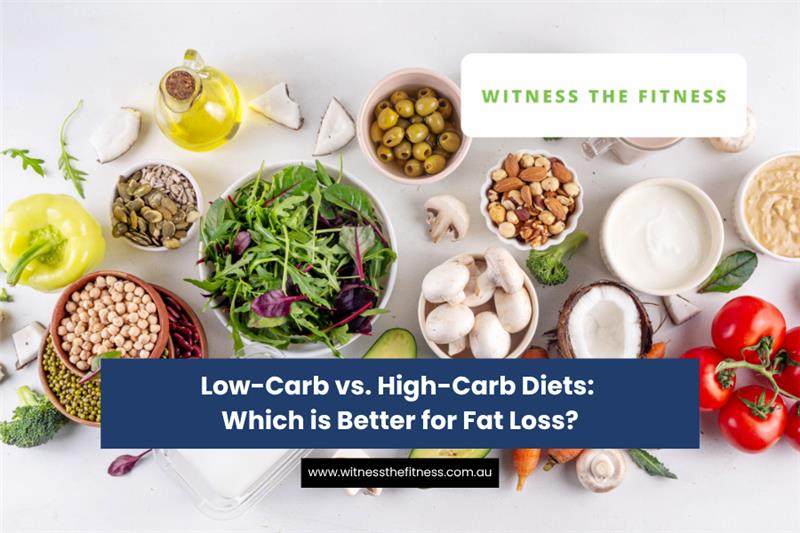Witness the Winter
Turns out Winter starts in May now.. Are you ready for the regular side effects of winter?
More sleep-ins, more comfort food, more sick days?
Let’s make this Winter on that you can ENJOY and come out the otherside full of life and ready for Summer, inside and out.
EXERCISE
Studies have shown that moderate exercise 3-4 times a week can help stimulate the immune system. Exercise can temporarily increase immune system activity by increasing white blood cells and immunoglobulin in the blood, which helps reduce the chances of contracting an illness. Physical activity can also help flush out bacteria from the airways, reduce the chance of catching a cold, flu or other illnesses, and prevent the growth of bacteria and viruses. Moreover, exercise helps slow down the release of stress hormones, which are known to be a significant cause of illness. Regular exercise can regulate stress hormones, which can help maintain a balanced and healthy immune system.
SLEEP
Our immune system function is closely linked to our sleep because certain disease-fighting substances are created or released while we sleep. These hormones, proteins, and chemicals are necessary to fight off infections and diseases. Sleep deprivation can lead to a decreased availability of these substances, which makes us more susceptible to diseases and infections. Lack of sleep can also prolong the duration of an illness, as our bodies may not have the resources to fight off the illness properly.
Different stages of sleep serve different functions within our bodies. During the first and second phases, we experience rhythmic breathing and a decrease in body temperature. During the third and fourth phases, our bodies work to restore and repair tissue damage, grow new tissue, and release important hormones. These stages are critical in maintaining a healthy immune system. Any sleep disturbance that affects these stages can also impact our health.
Bolstering our immune system doesn’t require us to dedicate extra time to sleep, but we must ensure that we get the sleep we need. Adults typically need 7 to 8 hours of sleep per night, while children and teens need more, ranging from 9 to 11 hours. Consistency is key to good sleep hygiene and maintaining a healthy immune system.
NUTRITION & HYDRATION
Eating a variety of colorful fruits and vegetables, along with meat products, and drinking at least 8-10 glasses of water a day can help boost our immune system and fight off illnesses. Malnutrition has been linked to a significant impairment of cell-mediated immunity, phagocyte function, secretory antibody concentrations, and cytokine production. Deficiencies of certain micronutrients can also alter immune responses.
Here are some micronutrients and their food sources that can help increase their levels:
- Zinc: oysters, beef, lamb, spinach, pumpkin seeds, nuts, dark chocolate, pork, chicken, beans, and mushrooms
- Selenium: brazil nuts, shitake mushrooms, pinto beans, chia seeds, brown rice, sunflower, sesame and flax seeds, broccoli, cabbage, spinach, yellowfin tuna, grass-fed beef, and turkey
- Iron: chicken liver, beef, kangaroo, fortified cereals, kidney beans, green lentils, tofu, chickpeas, raw spinach, rolled oats, and almonds
- Copper: beef liver, sunflower seeds, mushrooms, lentils, dried apricots, almonds, cashews, asparagus, dark chocolate, raw kale, avocado, tempeh, and goat cheese
- Vitamin A: Mackerel, salmon, liver, goats cheese, butter, cheddar cheese, hard-boiled egg, sweet potato, squash, carrot (cooked), kale, red capsicum, spinach, mango, grapefruit, watermelon, apricot, and papaya
- Vitamin C: strawberries, citrus fruits, black currant, kiwi, red capsicum, dark leafy greens, guava, Brussel sprouts, broccoli, cauliflower, and tomatoes
- Vitamin E: almonds, raw seeds, mustard, avocado, capsicum
GOOD HYGIENE
- Good hygiene is a crucial element in keeping ourselves healthy and preventing the spread of germs to others. Here are some tips to maintain good hygiene:
- Wash your hands regularly with soap and warm water for at least 20 seconds, especially after using the bathroom, before eating, and after coughing, sneezing, or blowing your nose. If soap and water are not available, use an alcohol-based hand sanitizer.
- Cover your mouth and nose with a tissue when you cough or sneeze. If you don’t have a tissue, use your elbow or sleeve. Dispose of used tissues immediately.
- Avoid touching your face, especially your eyes, nose, and mouth, as germs can enter the body through these areas.
- Stay home if you’re feeling unwell, and avoid close contact with others who are sick.
- Clean and disinfect frequently touched surfaces, such as doorknobs, light switches, and countertops, regularly.
By following these basic hygiene practices, we can help protect ourselves and those around us from illness and disease – a.k.a days away from the gym or having the energy to eat well.
In summary, there are many ways to boost our immune system naturally. Regular exercise, adequate sleep, and a balanced diet rich in nutrients are all important components. Good hygiene practices can also help prevent the spread of germs and infections. By taking care of ourselves in these ways, we can improve our overall health and wellbeing.
Schedule a call with me today to discuss your Winter Fitness Plan this year – www.wtftpc.com.au/contact
Written by Tristan M. Forbes












